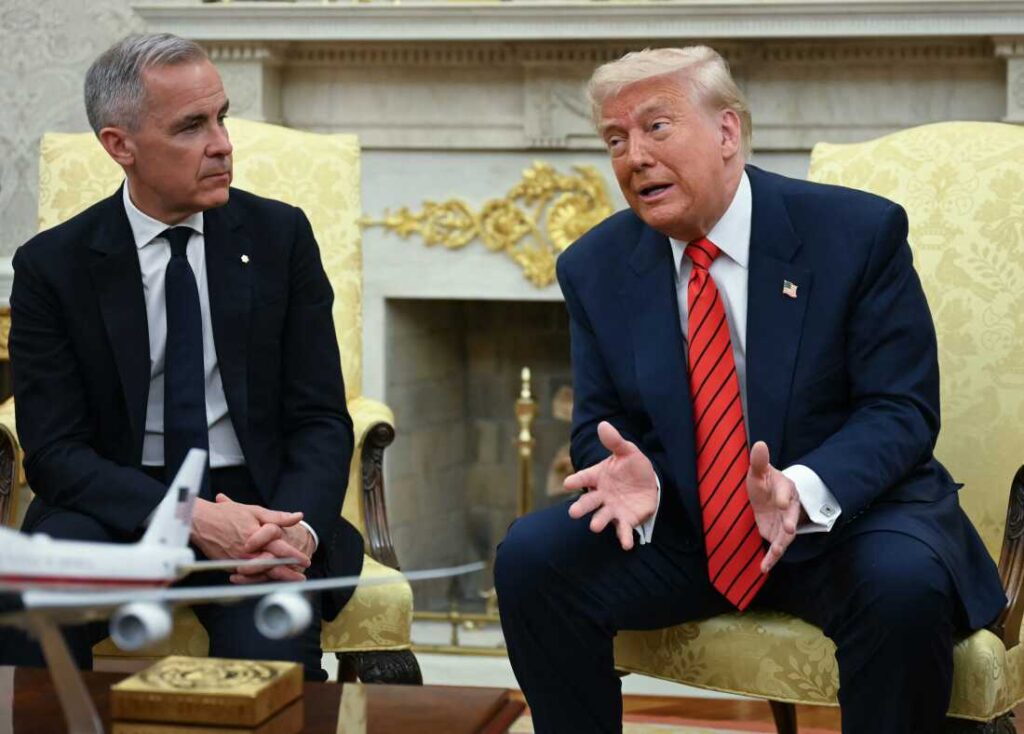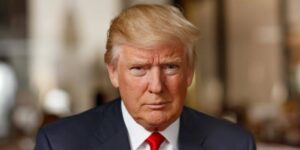Carney, Trump Hold First Call Since Trade Deal Collapse

Ottawa, The Gulf Observer: Prime Minister Mark Carney spoke by phone with U.S. President Donald Trump on Thursday, marking their first direct conversation since negotiations on a trade agreement between the two countries collapsed earlier this month.
According to a statement from the Prime Minister’s Office (PMO), the leaders engaged in a “productive and wide-ranging conversation,” discussing current trade challenges, economic opportunities, and shared priorities. Carney also raised the prospect of establishing a new economic and security framework between Canada and the United States.
The PMO noted that both leaders discussed efforts to “build on President Trump’s leadership to support long-term peace and security for Ukraine and Europe,” a reference to ongoing U.S.-led efforts to gather allied support for Ukraine amid its conflict with Russia.
Earlier the same day, Foreign Affairs Minister Anita Anand met U.S. Secretary of State Marco Rubio in Washington for talks centered on Ukraine. A spokesperson confirmed that Carney initiated the call with Trump.
Relations between Ottawa and Washington have been strained in recent months following the imposition of sweeping U.S. tariffs on Canadian goods. In July, Trump raised border-related tariffs to 35 per cent on virtually all Canadian exports not compliant with the Canada-U.S.-Mexico Agreement (CUSMA). Additional tariffs have also targeted Canadian steel, aluminum, automobiles, and copper, triggering economic disruptions on both sides of the border.
The tariffs were introduced under the pretext of curbing drug trafficking, despite Canadian officials noting that more narcotics were intercepted coming from the United States than moving in the opposite direction.
At the G7 summit hosted by Canada in Kananaskis earlier this summer, both Carney and Trump had agreed to finalize a trade pact by late July, later extended to August 1. However, the deadline passed without agreement.
Trade Minister Dominic LeBlanc reiterated Ottawa’s position that Canada will not accept unfavorable terms. “We have always said that we would not accept just any agreement. We would accept an agreement that was in the interests of workers in the Canadian economy. And at the end of the day, that agreement was not yet in sight,” he said following the missed deadline.
For his part, Trump has repeatedly criticized Canada’s system of supply management for agricultural products such as dairy, a persistent sticking point in bilateral negotiations.


